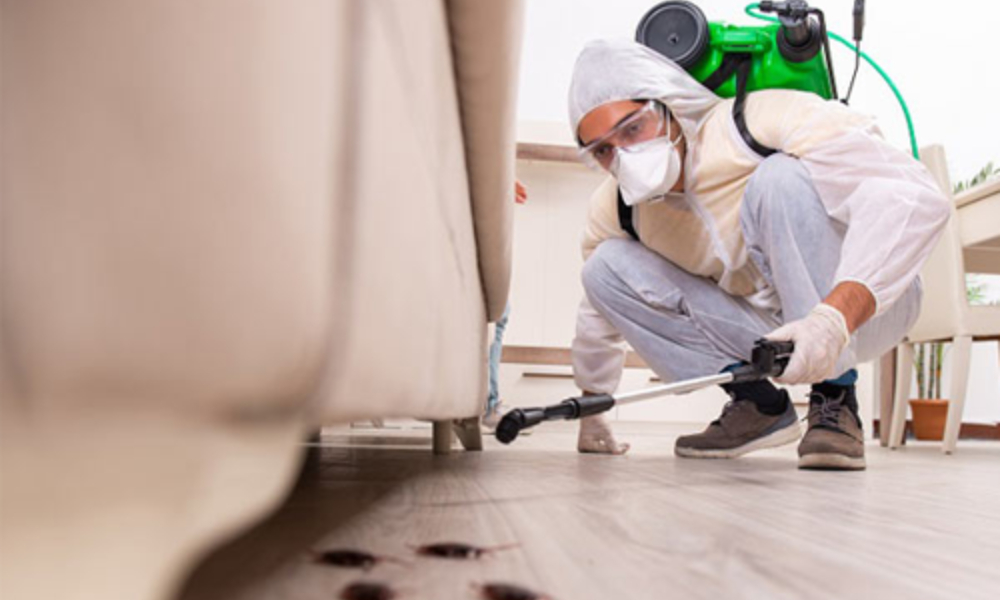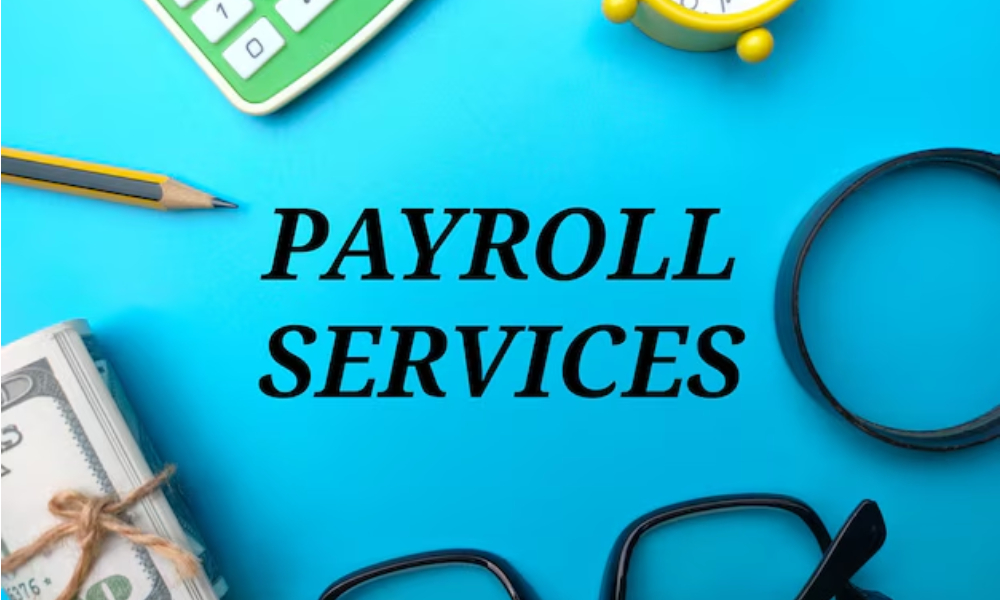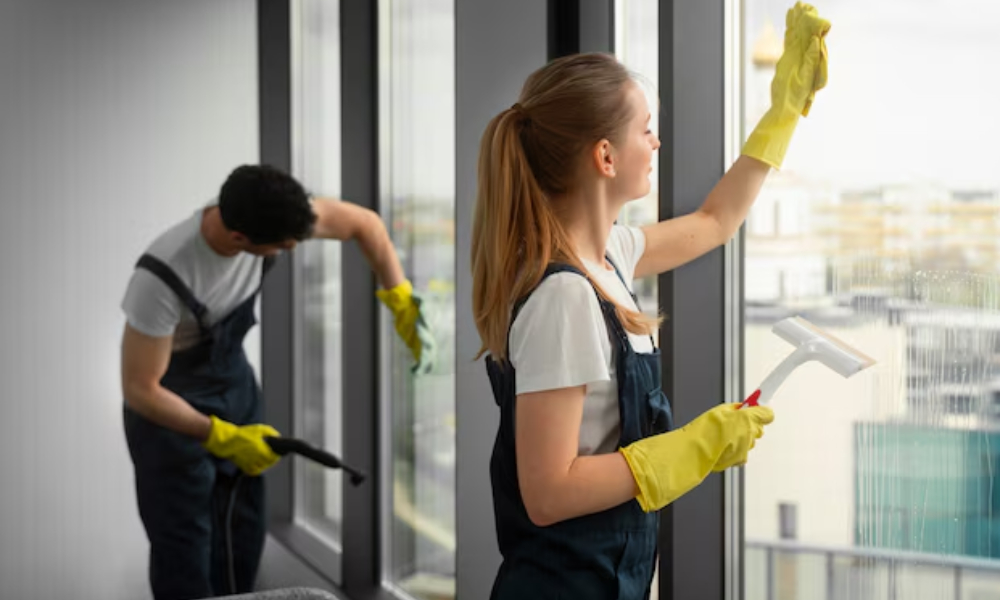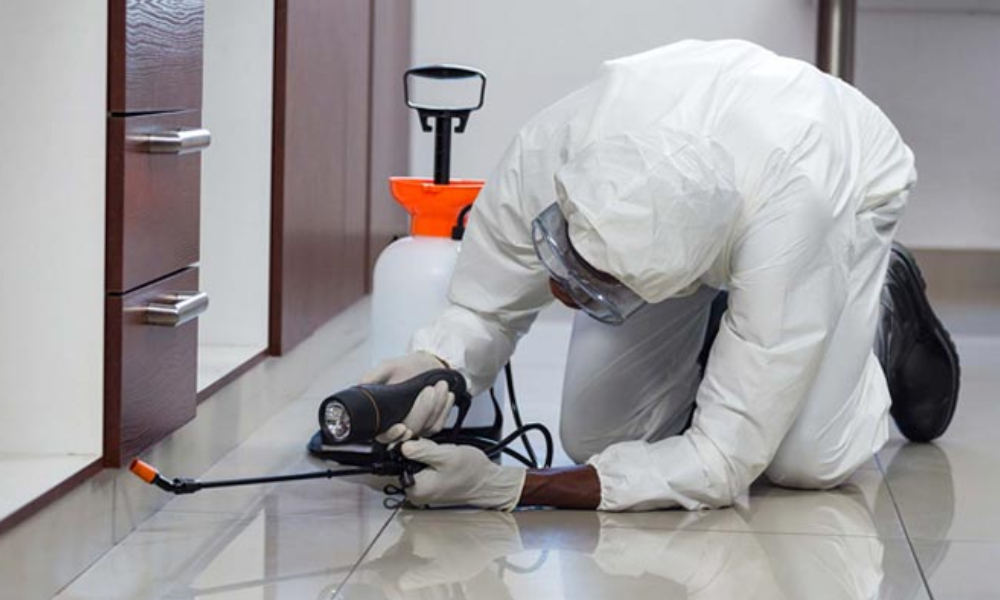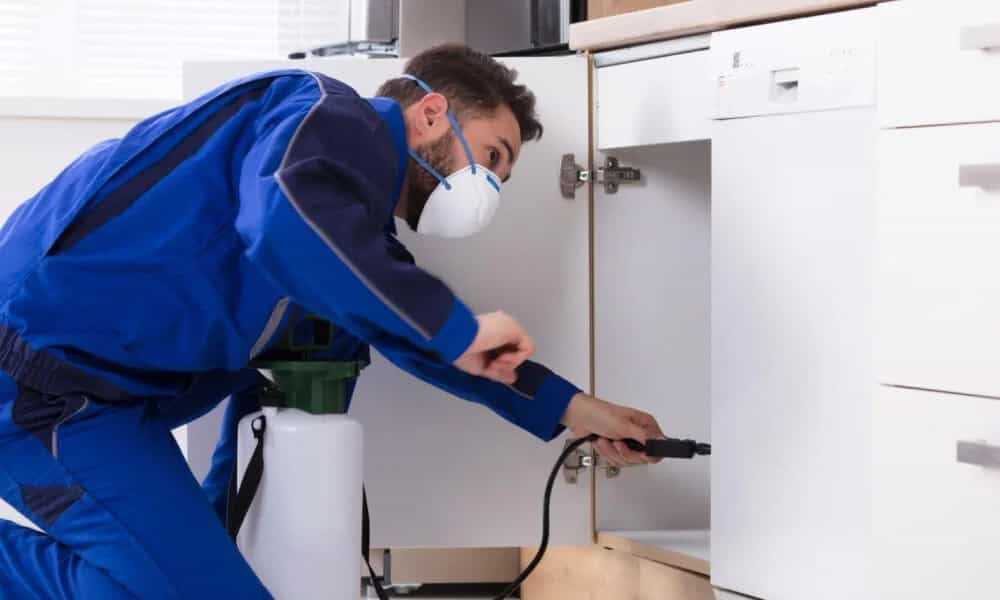Home Pest Service Delhi NCR | MM Infinity
Introduction: Why Pest Control Matters in Delhi NCR
Delhi NCR—home to bustling metro life, diverse climates, and varied housing conditions—often faces challenges from household pests like cockroaches, mosquitoes, termites, rats, ants, and bed bugs. With rapid urbanization, dense housing, and frequent inter-city movement, pest infestations have become a growing concern.
Professional pest control ensures a healthy, hygienic living environment, preventing property damage, disease spread, and daily discomfort. In this post, we’ll walk through why pest management matters, various pest types, service options, process details, how to choose the right provider—alongside common questions homeowners in Delhi NCR frequently ask.
1. Common Household Pests in Delhi NCR
1.1 Cockroaches
Cockroaches thrive in warm, humid areas—finding refuge in kitchens, drains, and storage zones. They spread pathogens responsible for diarrhea and allergies and leave behind unsightly droppings and odor.
1.2 Mosquitoes
A perennial problem, especially during monsoon and humid periods, mosquitoes pose significant risks like dengue, malaria, chikungunya, and encephalitis. Professional control—like fogging and larvicidal treatments—is essential.
1.3 Termites
Known as “silent destroyers,” termites feed on timber and wood structures. Early detection and treatment prevent structural decay and costly repairs.
1.4 Rats & Mice
Rodents contaminate food, gnaw on wires and wiring, damage property, and spread diseases such as leptospirosis and salmonella through contact with urines and droppings.
1.5 Ants & Bed Bugs
Ant invasions in kitchens and bed bugs in mattresses and sofas can disrupt daily life and cause persistent infestations. Specialized home treatments play a key role.
2. Why Professional Pest Control is Better Than DIY
2.1 Safety
Professionals use calibrated chemicals, safety protocols, and protective gear to safeguard residents and pets—unlike store-bought sprays that can pose health risks if misused.
2.2 Effectiveness
With in-depth knowledge of pest behavior and biology, technicians employ targeted treatments that ensure better elimination and long-term prevention.
2.3 Long-Term Protection
Services like annual termite spot treatments, de-worming, and scheduled mosquito control prevent reinfestation—free from guesswork.
2.4 Compliance & Guarantee
Licensed service providers follow governmental regulations, use approved chemicals, and often provide warranties and follow-ups, which DIY cannot guarantee.
3. Types of Home Pest Control Services in Delhi NCR
3.1 General Pest Control
Covers common indoor and outdoor pests (roaches, ants, spiders, rodents) using chemical sprays, gel baits, traps, or rodenticides. Ideal for routine maintenance.
3.2 Termite & Woodborer Treatment
Includes pre-construction treatments, post-construction spot-treatments (like timber injection), and annual monitoring. Essential in colony-prone areas.
3.3 Mosquito & Flying Insect Control
Methods include ULV (Ultra Low Volume) fogging near water bodies, residual thermal spraying, and larvicidal measures in stagnant water spots—especially during monsoon.
3.4 Bedbug Control
Involves surface chemical treatments and steam cleaning in mattresses, furniture seams, and cracks. Followed by thorough inspection post-treatment.
3.5 Rodent Control
Install anti-rodent traps, bait stations, sealing entry points, and installing deterrents. Gathering evidence of rodent activity supports future treatments.
3.6 Disinfection & Sanitization
In light of COVID-19 awareness, many providers now include disinfectant fogging and sanitization systems post-pest treatment for added hygiene.
4. The Pest Control Process: What to Expect
Step 1: Booking & Site Assessment
Technicians schedule a site visit or video call to evaluate property size, pest history, and immediate concerns. Customized plans are offered.
Step 2: Quotation & Job Planning
Based on inspection, they propose a plan detailing chemicals, tools, cost estimate, follow-up schedule, safety instructions, and pre-treatment checklist (e.g. moving food items).
Step 3: On-Site Treatment
Teams arrive with protective gear, isolate areas, apply sprays, dusts, baits, or traps. Mosquito/termite jobs may include fogging. Rodent tasks include trap placement.
Step 4: Post-Treatment Steps
Teams ventilate spaces, clean up residues, and dispose of dead pests following environmental protocols.
Step 5: Follow-Up Visits
Especially with termites or rodents, follow-ups ensure effective elimination and may include reapplication or inspections.
Step 6: Guarantee & Maintenance Plan
Professional services often guarantee eradication (usually 30–90 days). Many post-care agreements include quarterly or annual visits to maintain pest-free status.
5. Key Considerations When Choosing a Provider
5.1 License & Accreditations
Check for state pesticide license, registrations with Central Insecticide Board, or certifications like HACCP (for kitchens), ISO, or GreenPro.
5.2 Experience & Local Presence
Providers familiar with Delhi NCR pest patterns—monsoon cycles, humidity, colony types—can customize treatments more effectively.
5.3 Treatment Methods & Chemicals
Preferred providers use government-approved, low-odor, low-toxicity chemicals (like pyrethroids, fumigants) and non-chemical options where possible.
5.4 Safety Norms
Ask about staff PPE, area restrictions during treatment, safety certificates, child-and pet-friendly products, and chemical MSDS (Material Safety Data Sheets).
5.5 After-Sales Support & Warranty
Look for included warranty period, guaranteed efficacy, re-treatment policy, customer support responsiveness, and preventive guidance.
6. MM Infinity: A Trusted Name in Delhi NCR
One provider that stands out for its comprehensive, safe, and reliable home pest solutions across Delhi, Gurgaon, Noida, and Ghaziabad is MM Infinity, offering customized treatment plans, certified professionals, eco-conscious chemicals, and transparent pricing.
7. Preventive Measures Homeowners Can Take
While professional services are essential, homeowners can reinforce them through proactive habits:
Keep Clean & Dry: Regular cleaning and storing food properly starve pests.
Solid Waste Management: Use sealed bins and empty trash frequently.
Seal Gaps: Repair cracks, seal utility openings, and install mesh/screen doors.
Drain Cleaning: Maintain water in floor traps; add larvicides where needed.
Inspect Carry Bags: On return from local markets, don’t bring back pests hiding in produce.
8. DIY vs Professional: When to Call an Expert
DIY products—sprays, glue traps, electric foggers—may temporarily alleviate visible pests. However, they rarely address root infestation like termite colonies, hidden rodent nests, or mosquito breed sites.
If your home shows signs of repeat infestation, structural damage, or health concerns (e.g. bites, illnesses), calling a licensed provider is essential. It's an investment in safety, hygiene, and quality of life.
9. FAQs (Frequently Asked Questions)
Q1: How often should I schedule pest control for my home in Delhi NCR?
A: For general pests, a quarterly treatment is recommended. Mosquito jobs may be monthly during monsoon. Termites and rodents should be professionally inspected semi-annually or yearly.
Q2: Is pest control safe for kids and pets?
A: Most licensed providers use low-toxicity, child- and pet-friendly chemicals. Technicians typically suggest vacating the premises for 1–2 hours and ventilating afterward. Detailed safety instructions are always provided.
Q3: How long before I can re-enter the home after fumigation or fogging?
A: Generally, wait 1 hour after indoor spraying and 2–4 hours after full-house fumigation. Always follow provider’s safety instructions on timing and air circulation.
Q4: How do I know the chemicals used are legal and safe?
A: Ask for MSDS sheets and check for registration with Central Insecticide Board (CIB) or north Indian regulatory bodies. Licensed operators use government-approved products only.
Q5: What if the pests return shortly after treatment?
A: Most quality providers offer a 30–90-day guarantee with free follow-ups. Always request warranty in writing and report re-infestation promptly.
10. Conclusion
In Delhi NCR’s fast-paced urban environment, pest infestation isn’t just a nuisance—it can impact health, hygiene, property value, and comfort. Choosing a licensed, experienced home pest control service ensures that your home remains pest-free through targeted, effective, and safe treatments.
8. DIY vs Professional: When to Call an Expert DIY products—sprays, glue traps, electric foggers—may temporarily alleviate visible pests. However, they rarely address root infestation like termite colonies, hidden rodent nests, or mosquito breed sites. If your home shows signs of repeat infestation, structural damage, or health concerns (e.g. bites, illnesses), calling a licensed provider is essential. It's an investment in safety, hygiene, and quality of life. 9. FAQs (Frequently Asked Questions) Q1: How often should I schedule pest control for my home in Delhi NCR? A: For general pests, a quarterly treatment is recommended. Mosquito jobs may be monthly during monsoon. Termites and rodents should be professionally inspected semi-annually or yearly. Q2: Is pest control safe for kids and pets? A: Most licensed providers use low-toxicity, child- and pet-friendly chemicals. Technicians typically suggest vacating the premises for 1–2 hours and ventilating afterward. Detailed safety instructions are always provided. Q3: How long before I can re-enter the home after fumigation or fogging? A: Generally, wait 1 hour after indoor spraying and 2–4 hours after full-house fumigation. Always follow provider’s safety instructions on timing and air circulation. Q4: How do I know the chemicals used are legal and safe? A: Ask for MSDS sheets and check for registration with Central Insecticide Board (CIB) or north Indian regulatory bodies. Licensed operators use government-approved products only. Q5: What if the pests return shortly after treatment? A: Most quality providers offer a 30–90-day guarantee with free follow-ups. Always request warranty in writing and report re-infestation promptly. 10. Conclusion In Delhi NCR’s fast-paced urban environment, pest infestation isn’t just a nuisance—it can impact health, hygiene, property value, and comfort. Choosing a licensed, experienced home pest control service ensures that your home remains pest-free through targeted, effective, and safe treatments.



